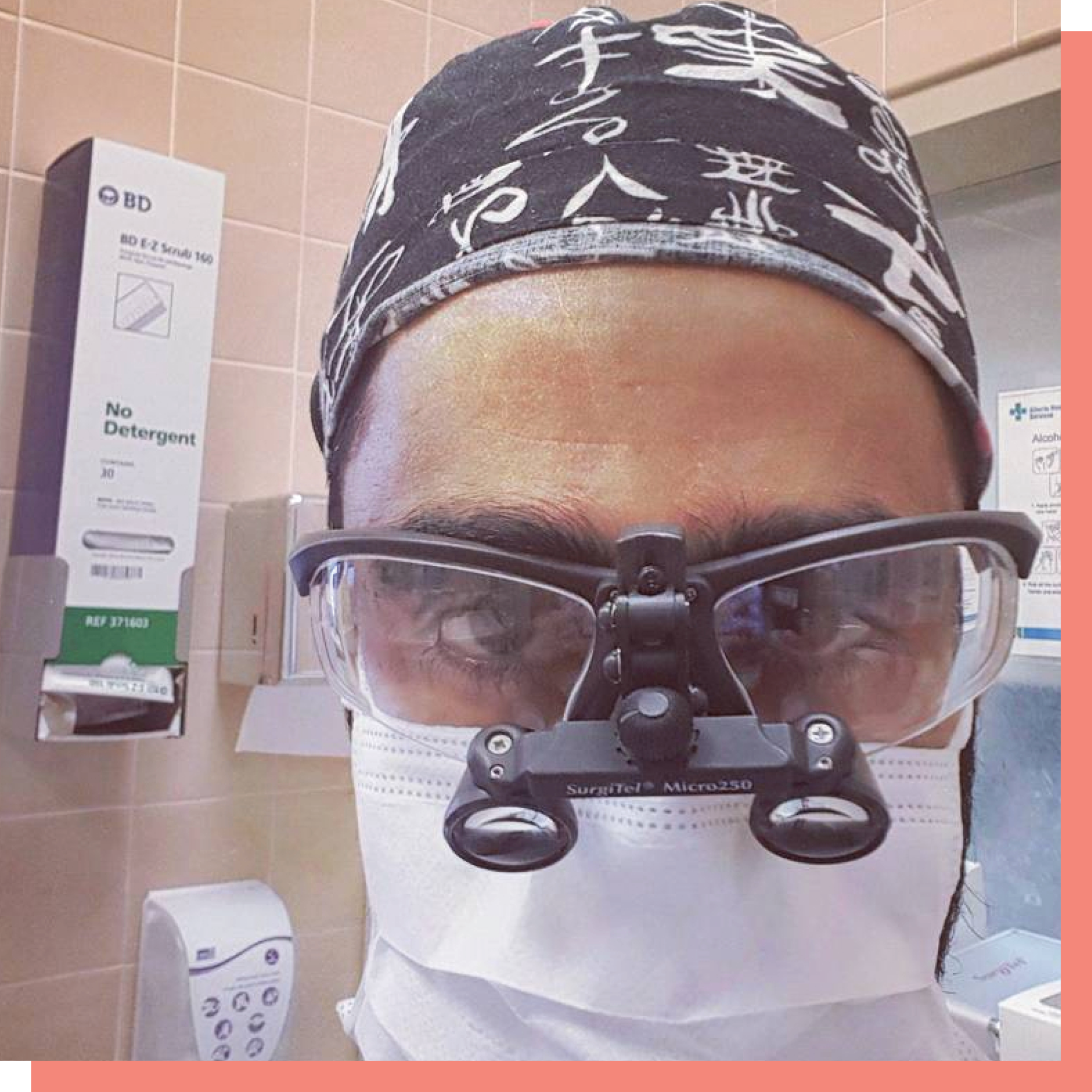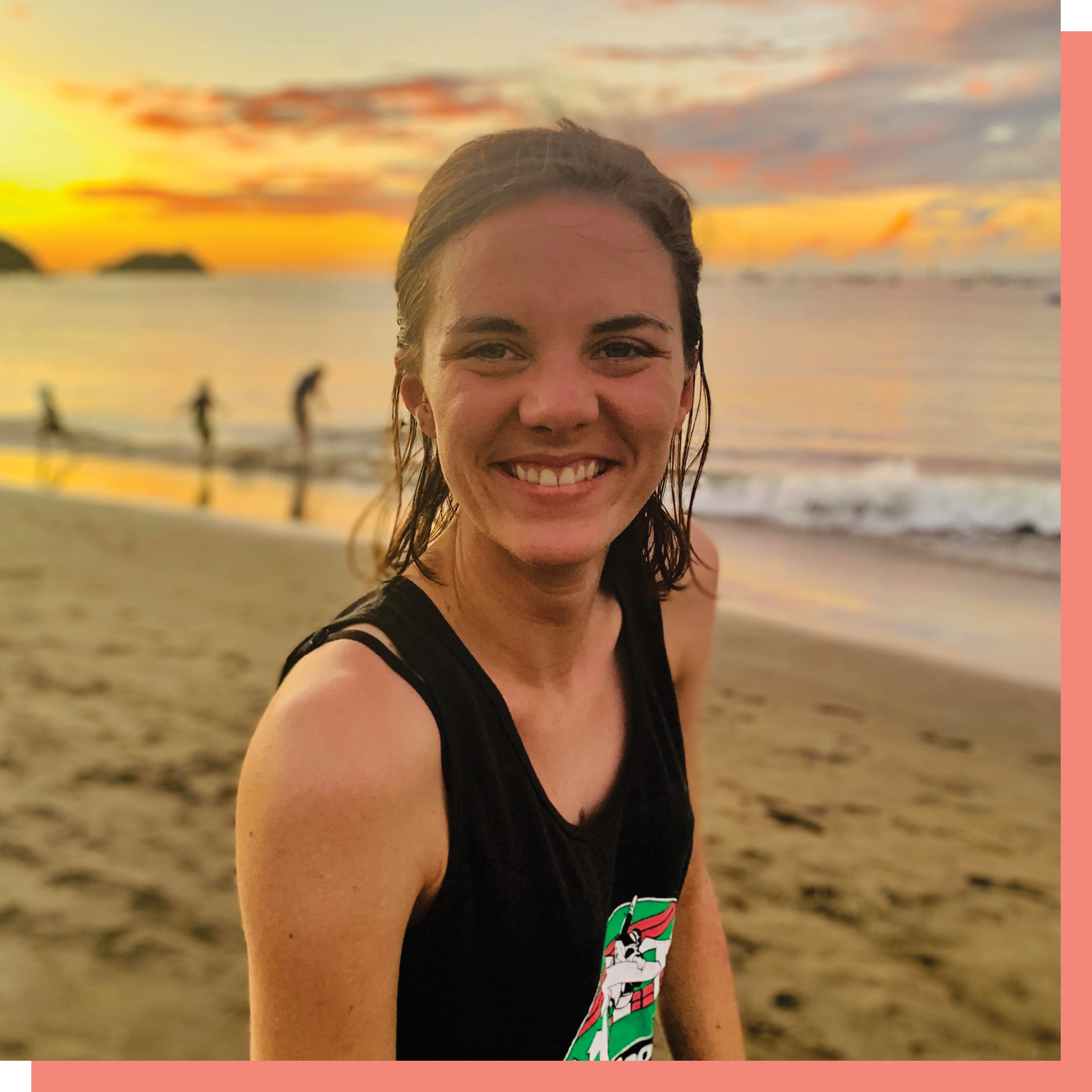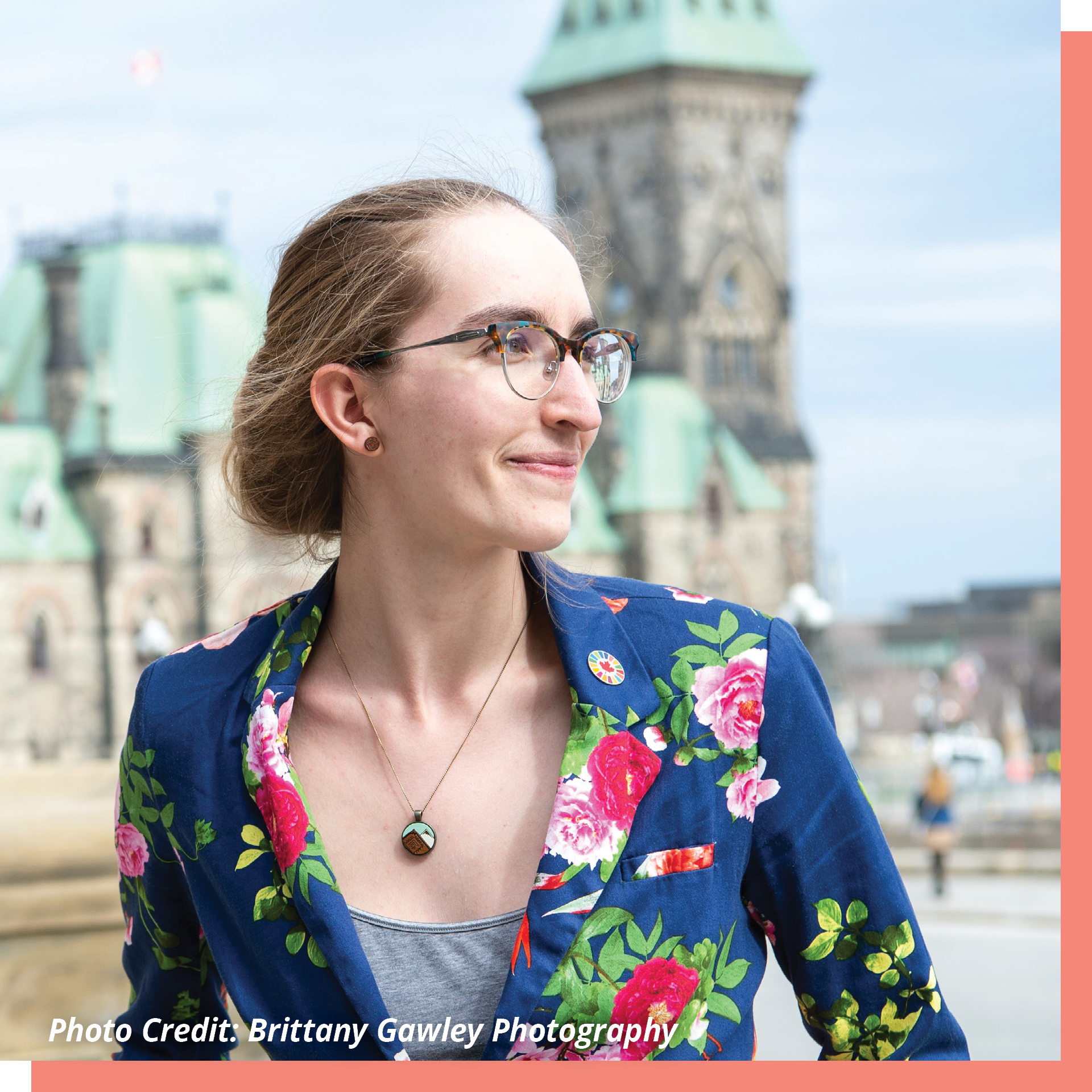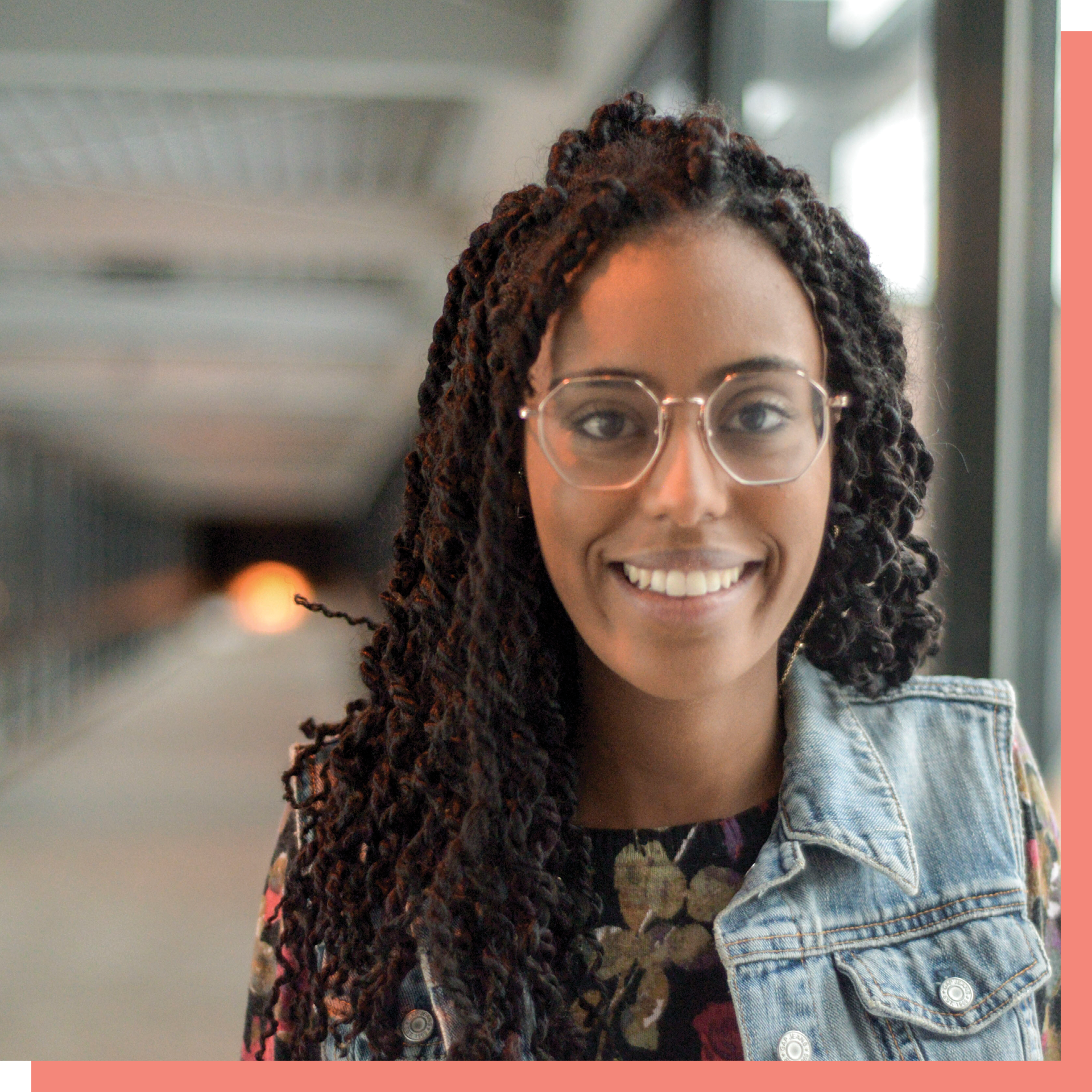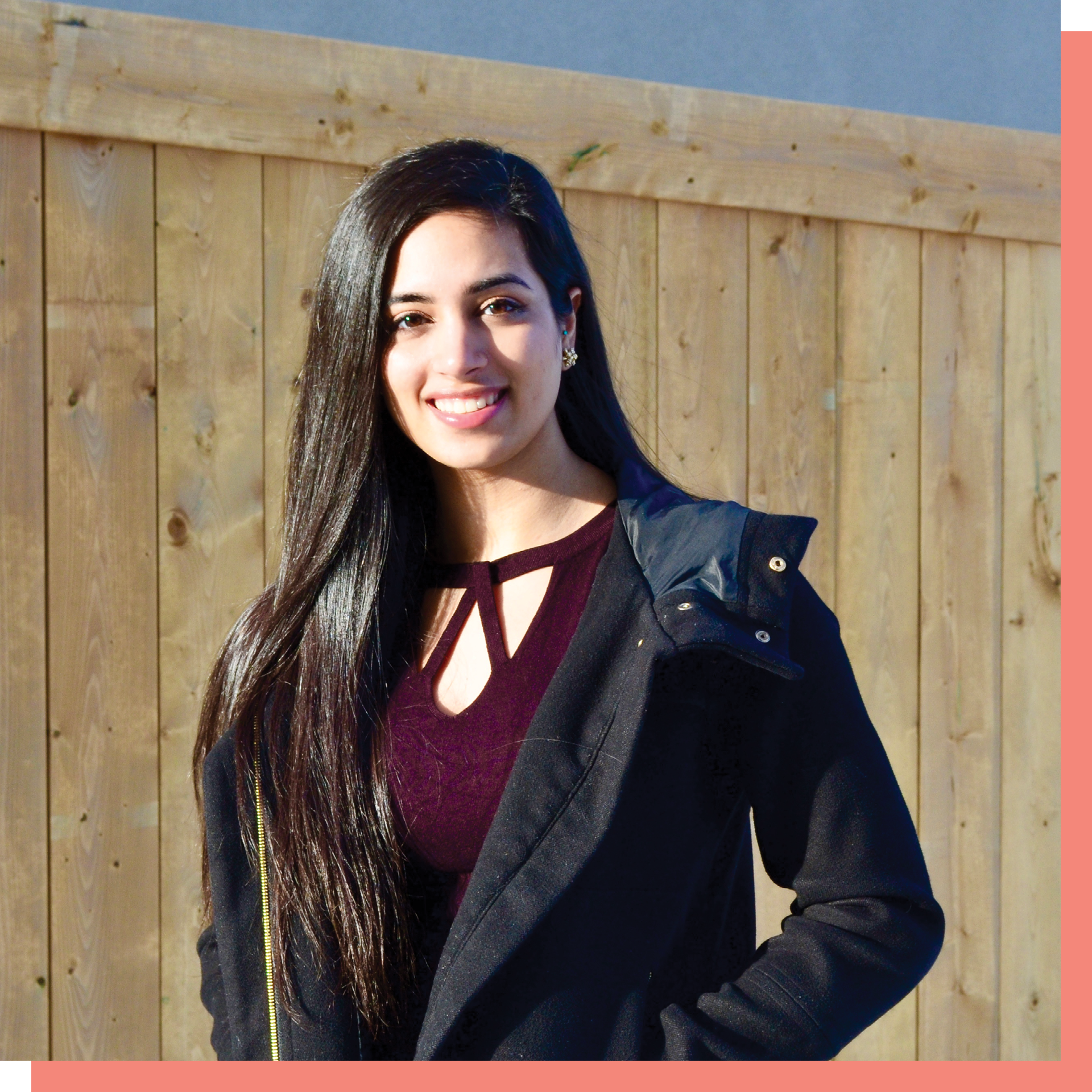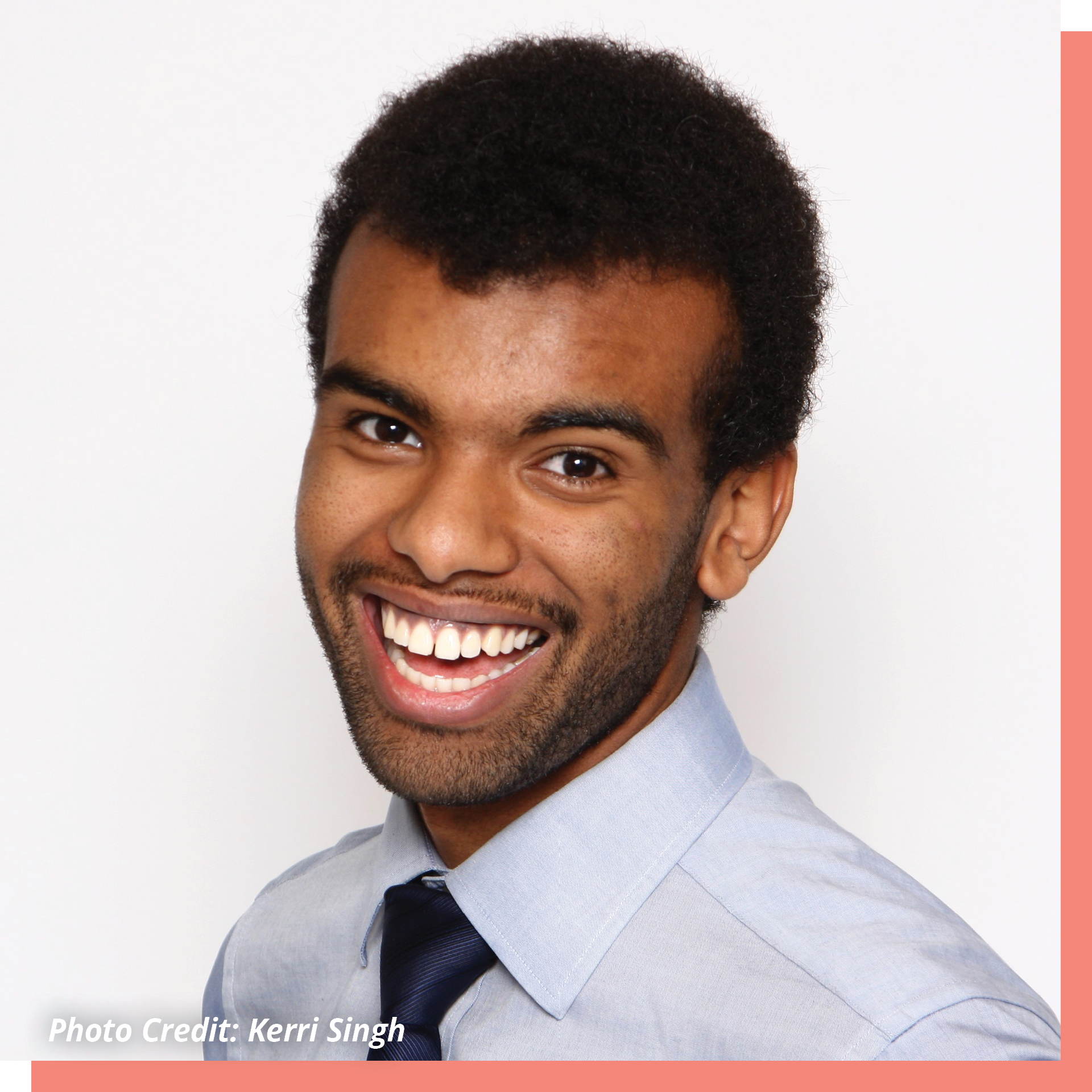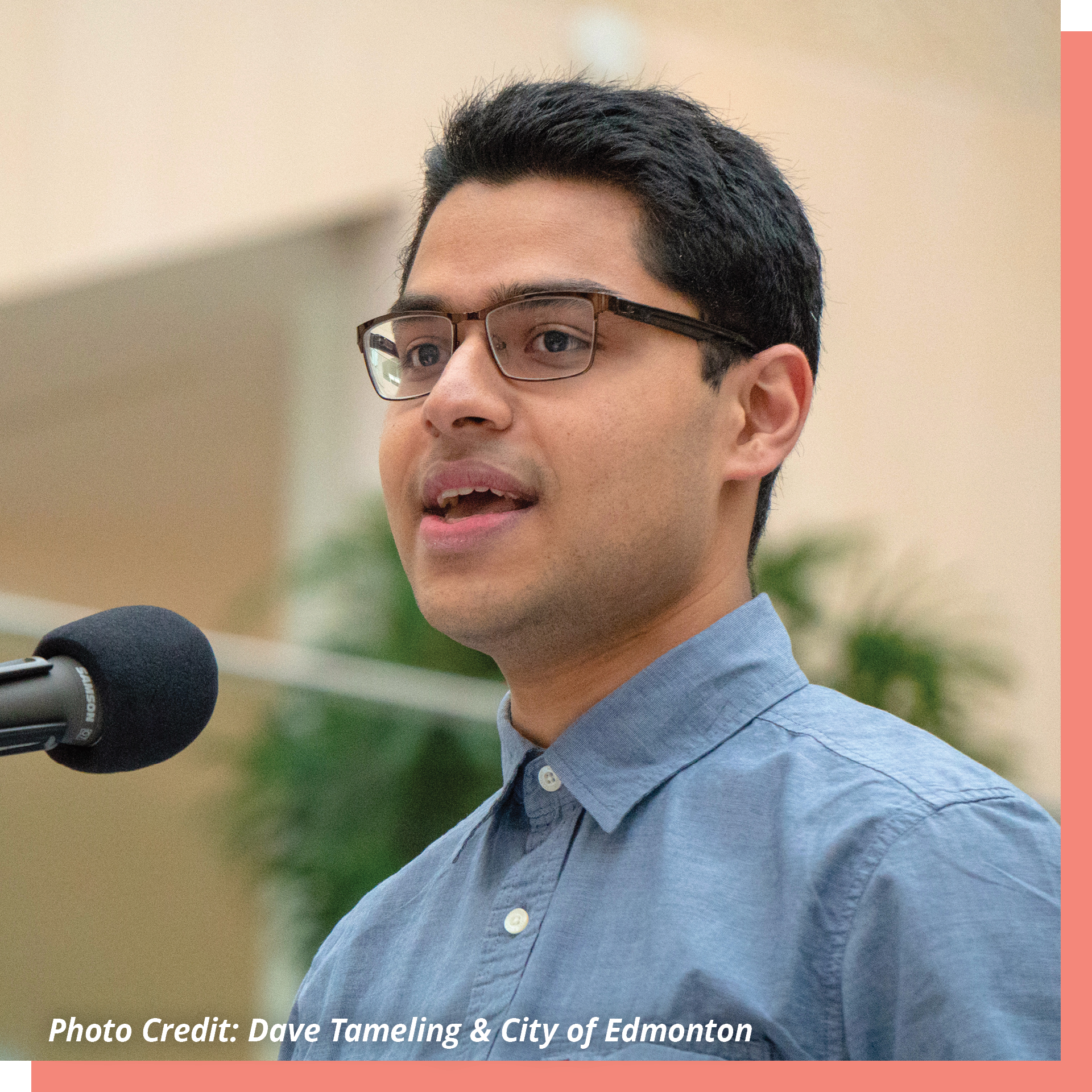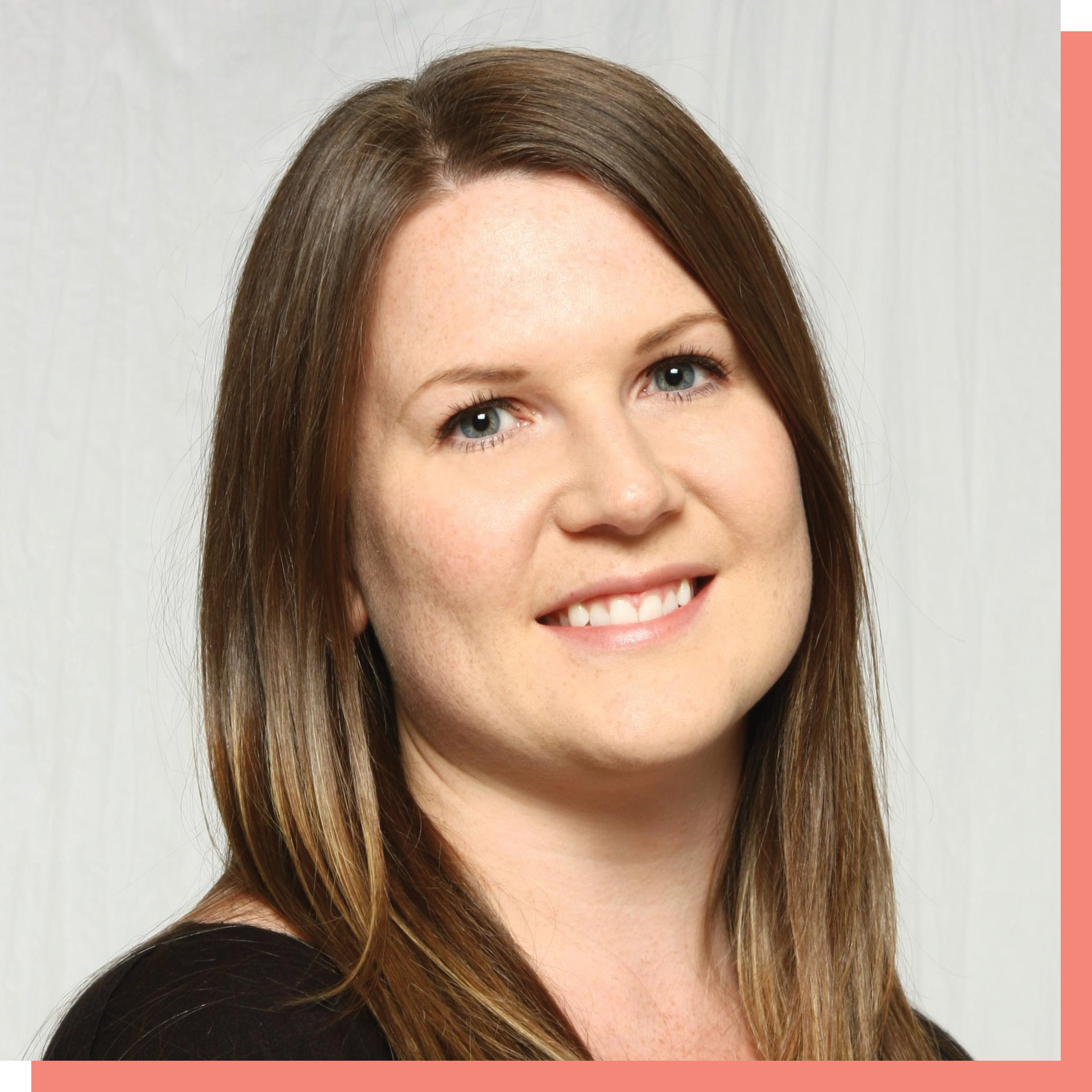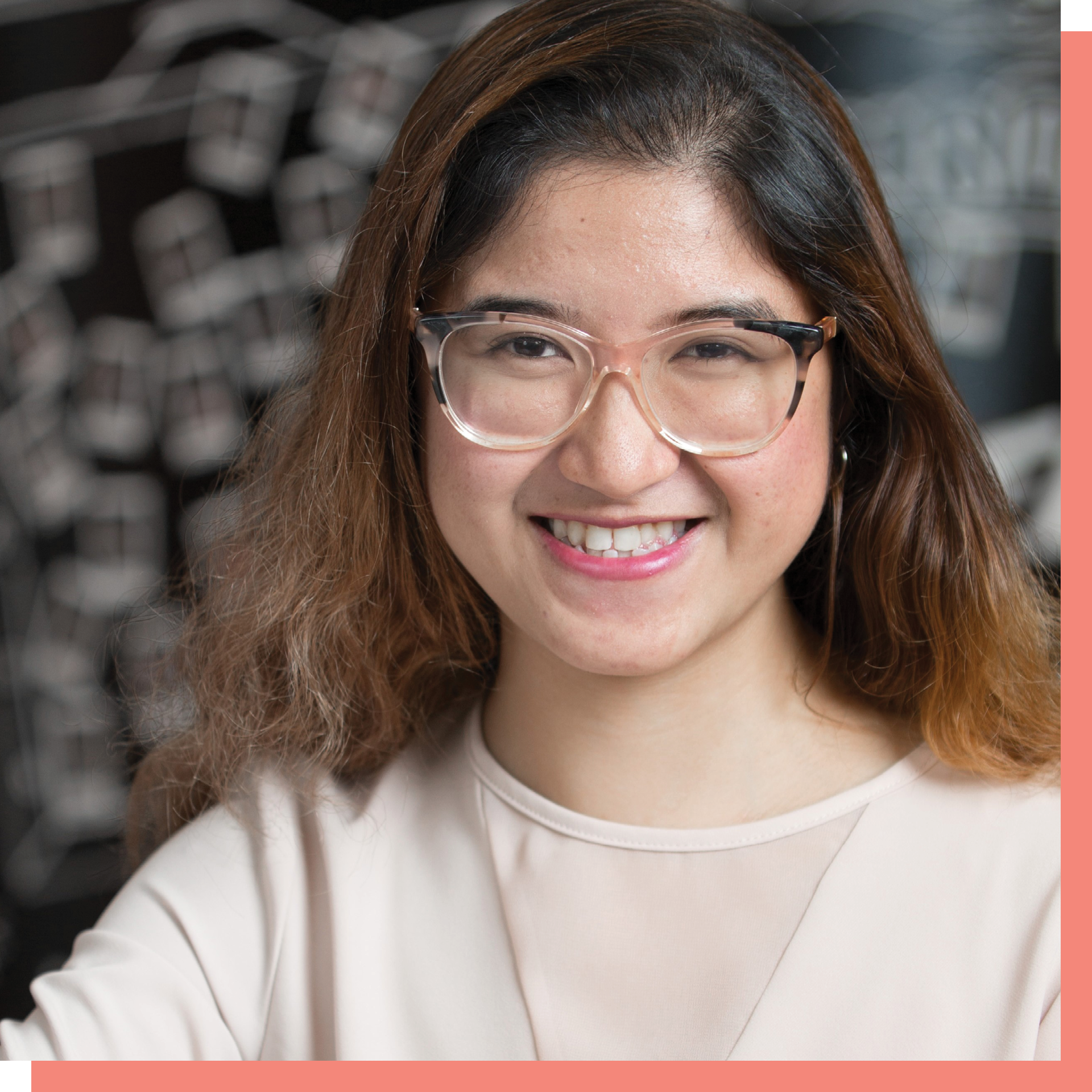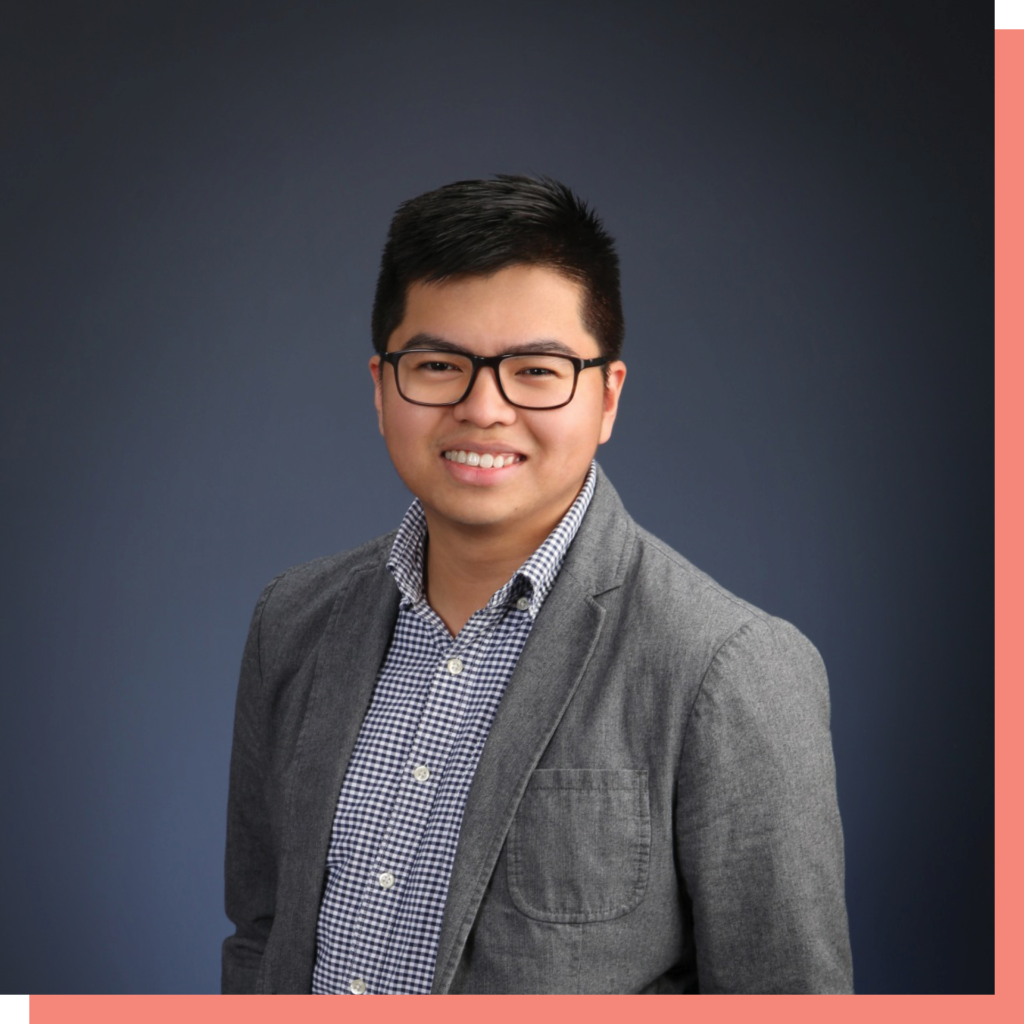
“Be inclusive and accepting of other people’s ideas and habits, and you can be a changemaker for gender equality.”
-Karl Narvacan
Age: 29
Hometown: Manila, Philippines
Currently Residing In: Edmonton, Alberta
Affiliations: Spinal Cord Injury Treatment Centre Society, Choosing Wisely Canada
What influenced you to become a change-maker?
As first-generation immigrants from the Philippines, our family faced a common challenge—navigating the health care system. I vividly remember going to the ER one day when I had a severe toothache, only to be told eight hours later that dental care was not a covered service. This early experience, combined with my passion for education, inspired me to apply for a grant to launch HealthLINC (Literacy and Information for Newcomers to Canada), a presentation-based community program that provides relevant information about our health care system to newcomers to Canada. We worked with Migrante Alberta to deliver sessions on subjects such as how to navigate the Canadian system, covered health care services, and when to use the emergency room. After our presentations, we hold one-on-one sessions to assist these new Canadians in finding family doctors near their places of residence or work.
How does your work promote gender equality in Canada and around the world?
As a student in health care, I have had the privilege of listening to stories of people from all walks of life. Unfortunately, time and again, some of the stories we encounter relate to gender-related abuse and assault. Being a clinical clerk in the hospital allows me the opportunity to convey to patients that there are people they can speak to about their stories and that there are people willing to listen and help. As future medical practitioners, we are at the forefront of reducing gender inequities through the sheer power of listening and appropriate collaboration with interdisciplinary resources.
How does the work you do addressing gender inequality connect to progress on the other Sustainable Development Goals?
My work helps to address SDG 3: Good Health and Well-Being. Through the help of the Women and Children’s Health Research Institute (WCHRI) and Alberta Innovates Health Solutions (AIHS), I was able to perform research in medical school related to prenatal alcohol exposure in children, as well as differences in sizes of deep brain structures between males and females.
These opportunities highlighted the notion that there is a big gap in health literature specifically regarding women’s health, as clinical research on women’s health is still severely lacking and underfunded. These research opportunities help highlight why medical research is important for our community.

